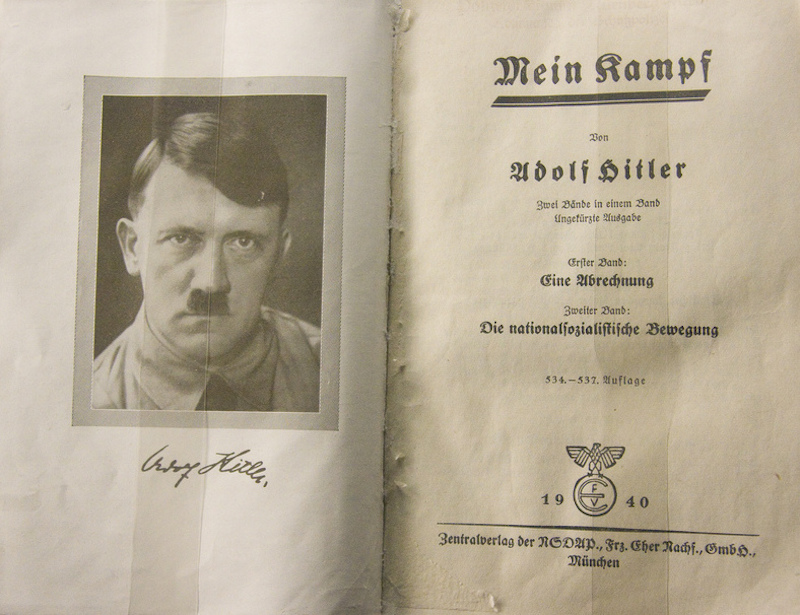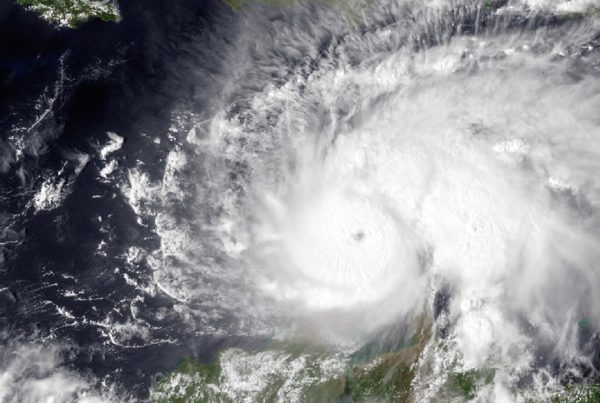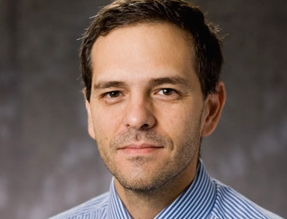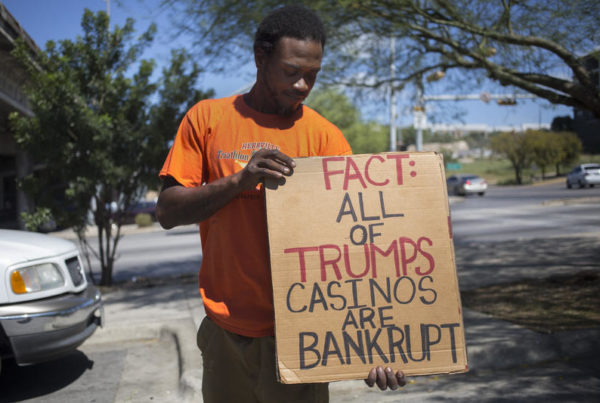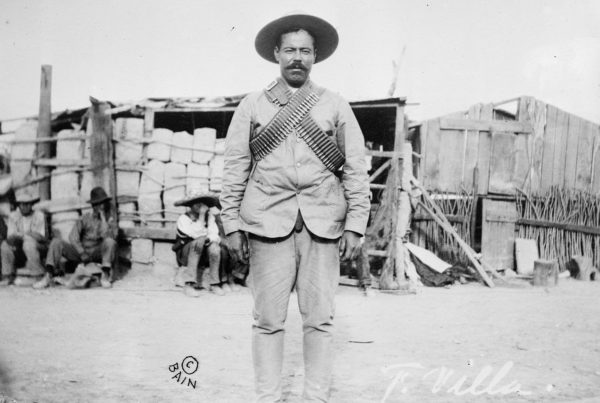During the fact-checking and doubting candidates’ claims this election season, political writers and Twitterers alike began referring to politicians’ denial of facts as gaslighting – a term coined from a 1938 play in which a victim is manipulated into doubting what she otherwise knows to be factual, making her question her sanity.
But when this technique is used for political objectives, there may be a better description: “the big lie.” Garth Jowett, professor at the University of Houston, says “the big lie” comes from Adolf Hitler.
“In his book ‘Mein Kampf,’ Hitler talked about the technique of ‘the big lie’ but not in terms of how he was going to use it,” Jowett says, “but in terms that Germany had been subjected to ‘the big lie’ by Jews, to unfairly blame Germany’s loss in World War I on Erich Ludendorff.”
In effect, Hitler employed the strategy – the same one that he accused the Jews of using – against them. He also admired British propaganda during WWI, Jowett says.
“[He] many times said that part of Germany’s loss in World War I was a result of being ‘outpropagandized’ by both Britain and the United States and vowed that that would never happen [again],” Jowett says.
He says “the big lie” requires a strain of truth made “so outrageous that a sane person would not believe anybody would say that unless there was some truth to it.”
“If you say that often enough and loud enough and without any opposing points of view,” Jowett says, “that big lie will eventually become part of the thinking and understanding of the mass audience.”
Jowett says it works because it operates on people’s general beliefs. Evidence, he says, is in this year’s election cycle and how Americans are “acting in ways in which we normally would not expect them to act.”
“A significant number of people are being confronted with what are their deep feelings about certain subjects,” he says. “You tell lies often enough about those deep feelings, you tell them as a big lie, and people will begin to see that as the truth.”
Post by Hannah McBride.


